Winter can be a season of wonder, but it also comes with its own set of challenges. As someone who’s spent time learning the ropes of preparedness, I know that being ready for winter isn’t just about stocking up on warm clothes. Preppers have mastered the art of expecting the unexpected, and their tips can help anyone thrive when the temperatures drop. Whether you’re worried about icy roads, power outages, or just staying cozy during a snowstorm, a little preparation can go a long way.
Here’s a list of 22 practical, tried-and-true tips that everyone can learn from preppers to make winter a whole lot easier. From staying warm to staying safe, these ideas cover all the bases.
Build A Winter Emergency Kit
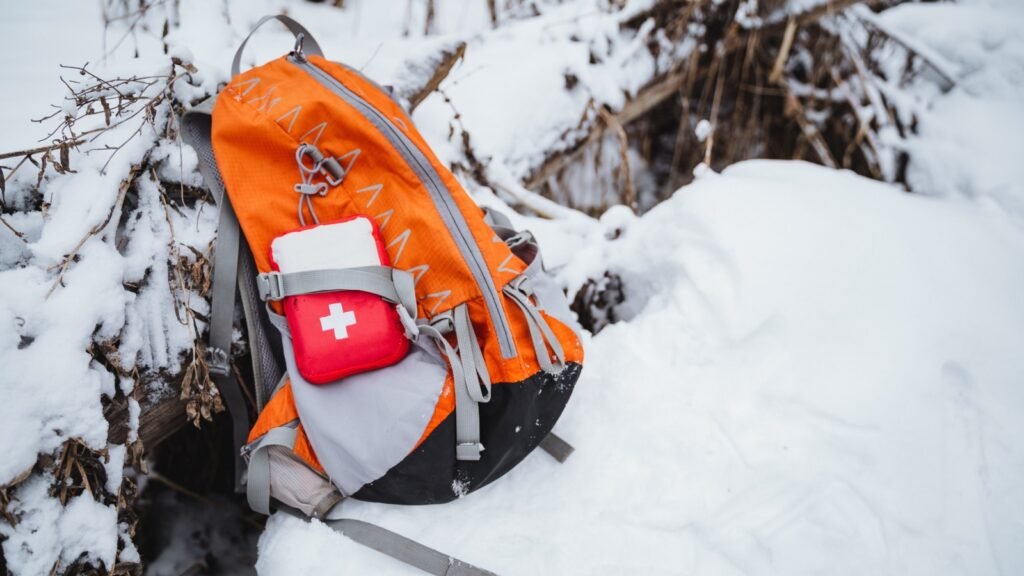
A winter emergency kit is your first line of defense against unexpected situations. Include essentials like water, non-perishable food, flashlights, extra batteries, a first aid kit, and a sturdy blanket. Make sure to tailor it to your needs, adding items like medications, pet supplies, or baby essentials if needed.
Stock Up On Shelf-Stable Foods
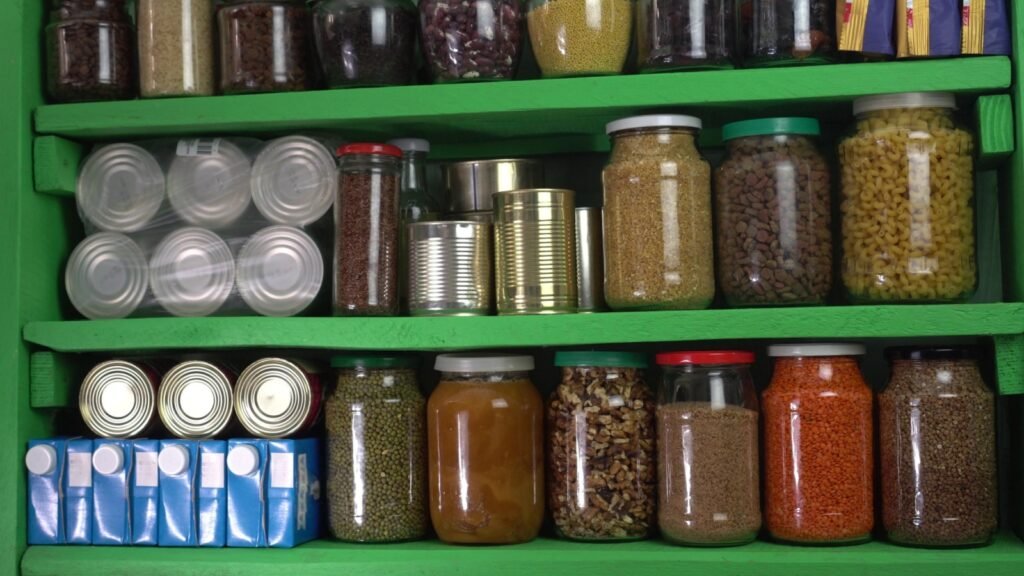
Preppers know the value of a well-stocked pantry. For winter, focus on foods that don’t require refrigeration, like canned soups, pasta, and dried fruits. Having a stash of high-calorie snacks can also keep energy levels up during power outages.
Keep A Backup Heat Source

Losing heat during a winter storm can quickly turn dangerous. Preppers recommend having a safe backup like a propane heater, wood stove, or even extra blankets and hand warmers. Always ensure ventilation and follow safety guidelines to avoid carbon monoxide risks.
Insulate Your Home Early

Prepping your home for winter starts before the first frost. Seal gaps around doors and windows with weather stripping or caulk. Adding thick curtains or draft stoppers can help keep the warmth in and the cold out.
Learn How To Shut Off Water And Pipes
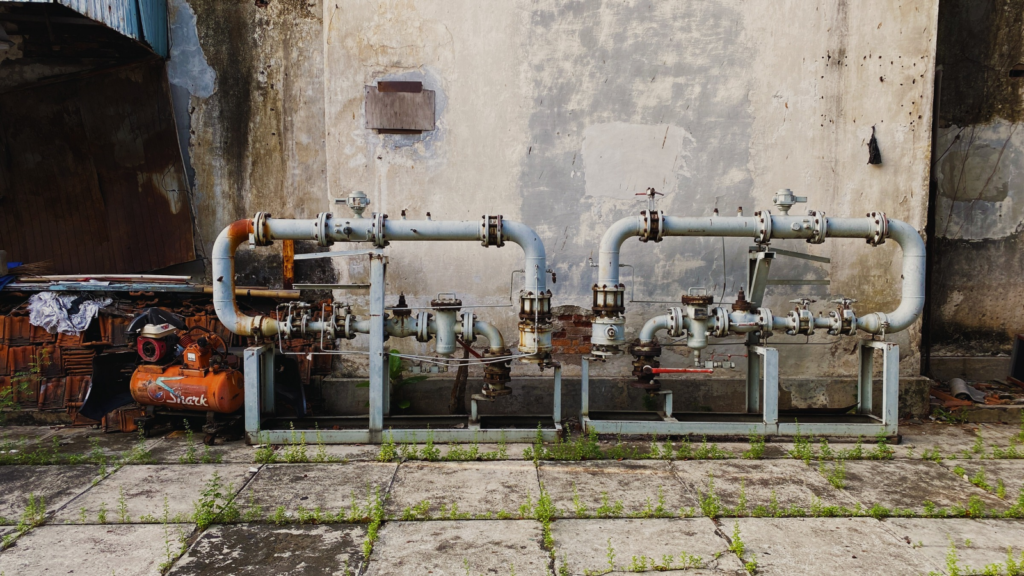
Frozen pipes can burst and cause extensive damage. Preppers suggest learning how to shut off your home’s water supply in case of a freeze. Insulating exposed pipes with foam sleeves is another preventative measure.
Keep A Snow Shovel And Ice Melt Handy
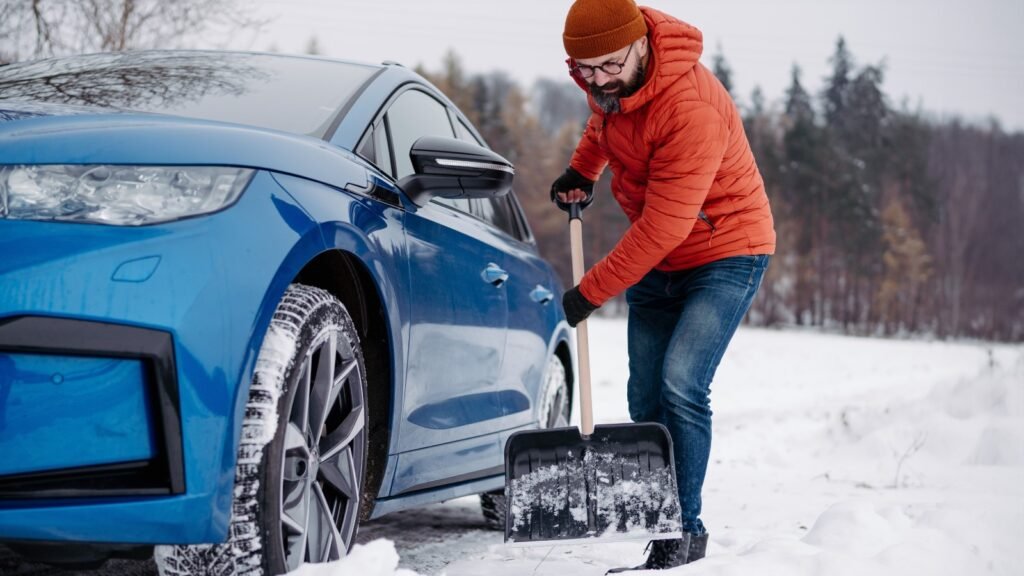
Being snowed in is no joke. A sturdy snow shovel and a supply of ice melt can save you time and effort. Preppers recommend keeping them near your front door or in your car so you’re never caught unprepared.
Carry A Car Survival Kit

Winter can be unpredictable on the road. A car kit should include jumper cables, an ice scraper, blankets, water, snacks, and a flashlight. Sand or cat litter can help with traction if you get stuck on icy roads.
Practice Fire Safety At Home

Many people rely on fireplaces or space heaters during winter, but these can be fire hazards. Keep flammable materials away, use screens for fireplaces, and install smoke and carbon monoxide detectors. Regular maintenance is a prepper’s best friend.
Invest In Thermal Layers

Staying warm starts with dressing smart. Preppers recommend thermal underwear, wool socks, and layering clothes for maximum insulation. It’s a simple but effective way to conserve body heat.
Charge Portable Power Banks
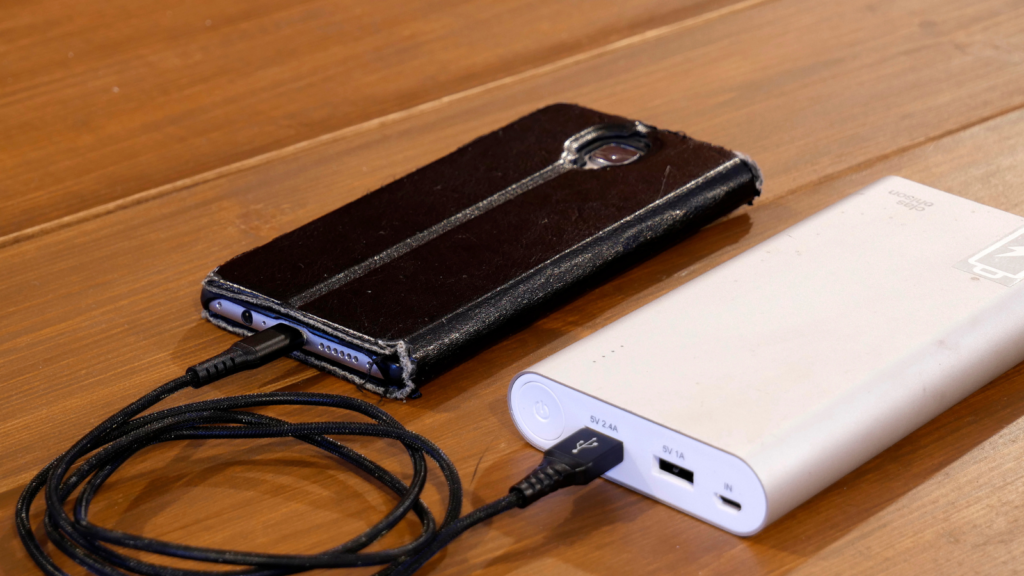
Power outages are common in winter storms, so having charged portable power banks can keep your devices running. Choose high-capacity models to charge phones or even small heaters.
Test Your Generators
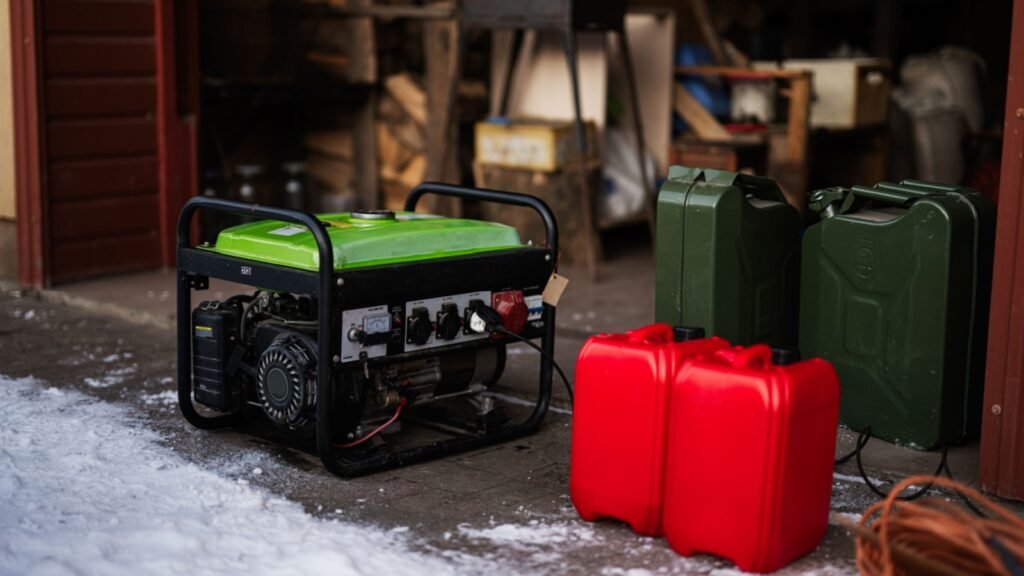
If you rely on a generator, test it before winter sets in. Preppers stress the importance of having enough fuel and placing the generator in a well-ventilated area to avoid carbon monoxide buildup.
Learn Basic First Aid

Accidents like slips on ice are more common in winter. Basic first aid skills can make a huge difference in an emergency. Preppers recommend keeping a first aid manual handy, even if you’re trained.
Store Extra Water
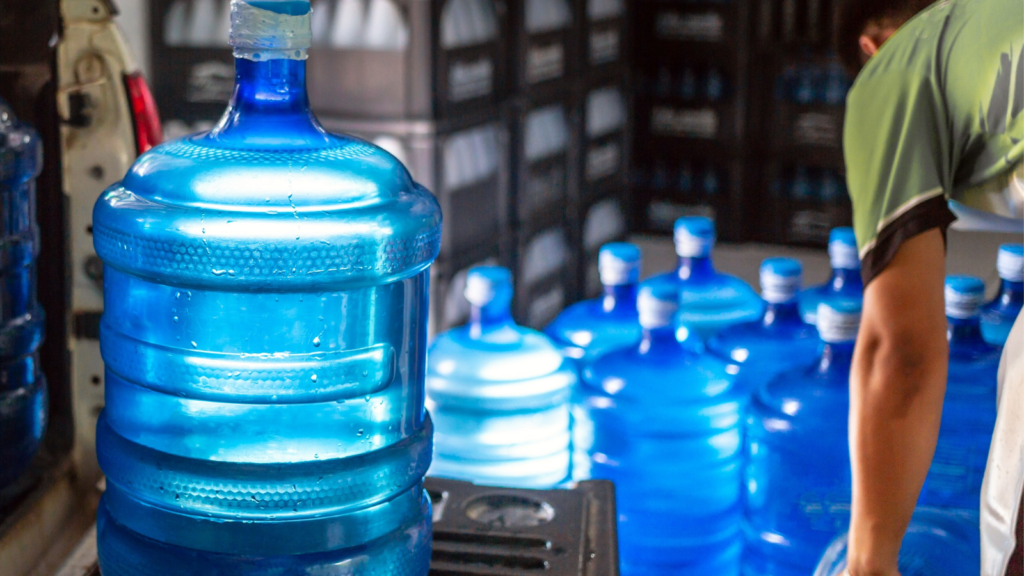
Pipes can freeze, leaving you without running water. Preppers suggest storing at least a gallon of water per person per day for at least three days. Use clean, food-grade containers for storage.
Rotate Your Vehicle Tires
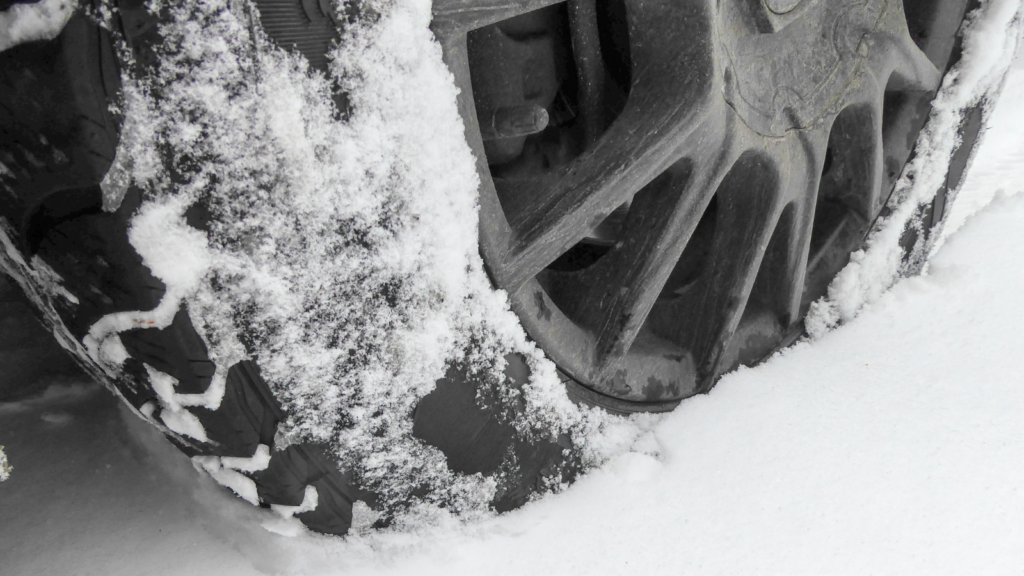
Winter tires or all-season tires with good tread are essential for safe driving. Preppers also advise keeping them properly inflated, as cold weather can reduce tire pressure.
Have A Plan For Pets

Our furry friends need winter prep too! Stock up on pet food, warm bedding, and paw protectors for icy walks. Preppers remind us that pets can be vulnerable during storms, so include them in your emergency plans.
Identify Your Local Shelters
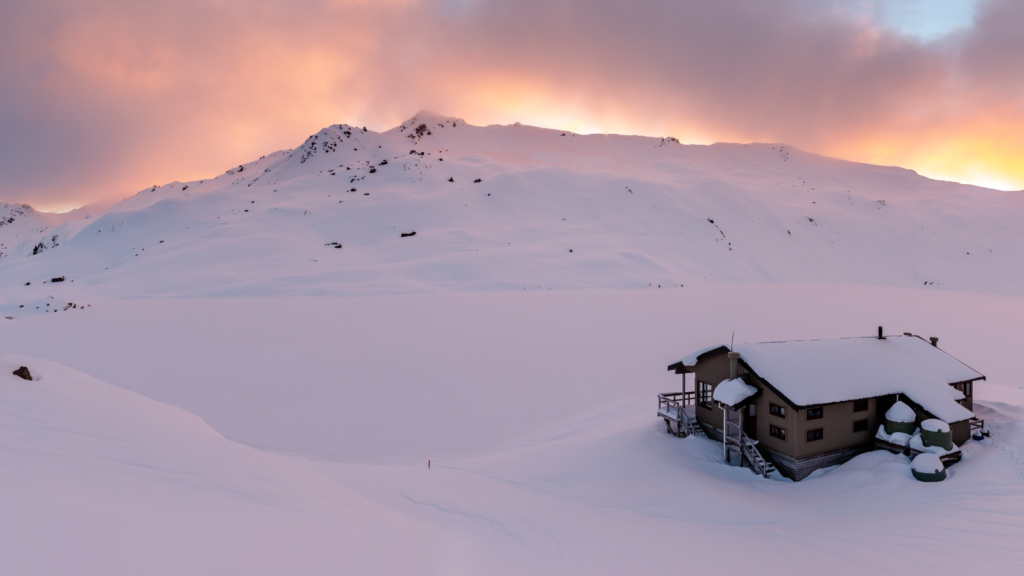
If your home becomes uninhabitable due to extreme cold or damage, knowing where to find local shelters can be a lifesaver. Preppers emphasize researching options in advance to save precious time.
Prepare For Power Outages
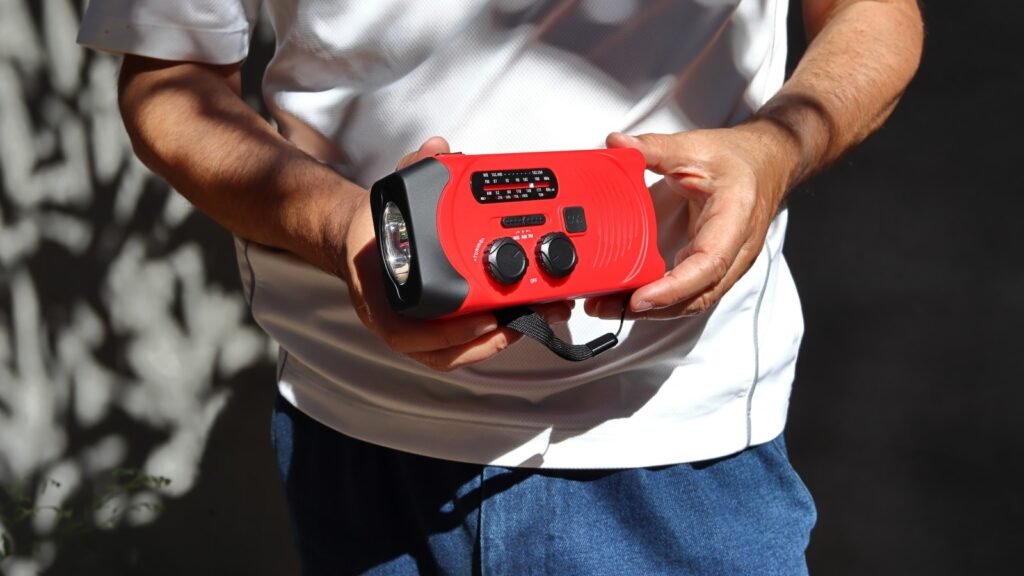
Power outages can leave you in the dark—literally. Keep flashlights and lanterns in accessible spots, and have extra batteries ready. Preppers often keep a stash of glow sticks as a kid-friendly backup light source.
Build A Fire-Starting Kit

If you rely on a wood stove or need to build an outdoor fire, having a fire-starting kit is crucial. Include matches, lighters, and fire starters like dryer lint or waxed cotton balls. Store it in a waterproof container.
Learn How To Cook Without Electricity
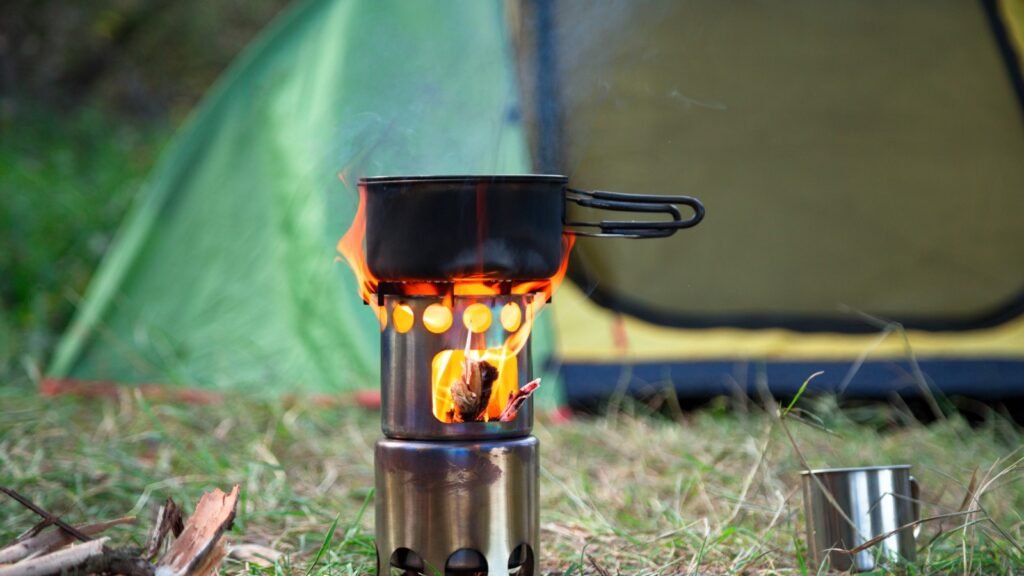
Preppers know that losing power doesn’t mean losing your ability to cook. Keep a camping stove or portable burner handy, along with a supply of propane or fuel. Practice safe cooking practices, especially indoors.
Create A Winter Check-In System
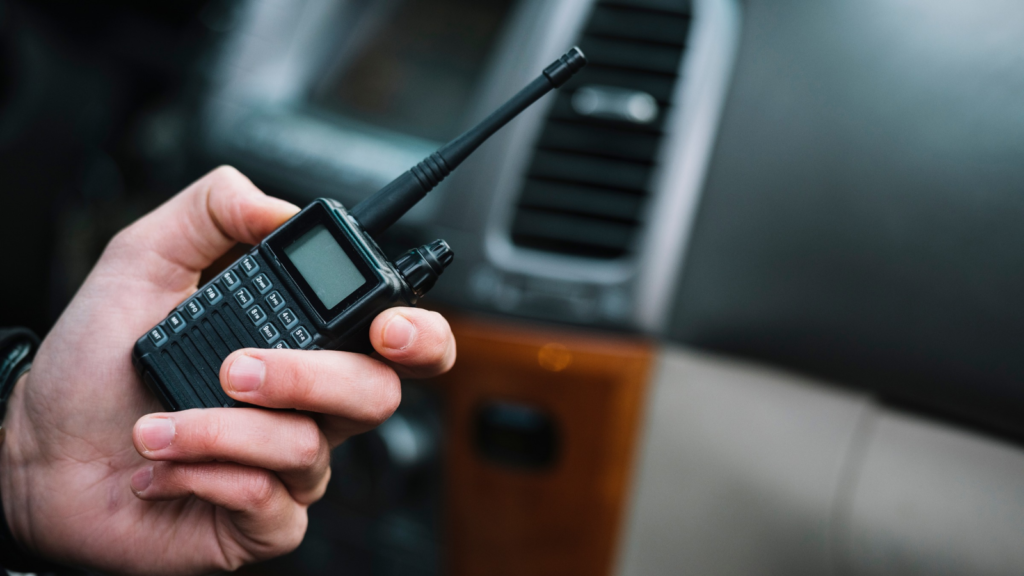
Staying connected during extreme weather is vital. Set up a check-in system with family or neighbors to ensure everyone is safe. Preppers often use two-way radios as a backup when cell service is unreliable.
Build Mental Resilience

Winter can take a toll on mental health, especially during long storms or isolation. Preppers emphasize mental resilience through hobbies, books, or even meditation to stay grounded and positive.
Prepare For Longer Winter Seasons

Winter seems to stretch on longer each year. Preppers suggest taking stock of supplies mid-season and restocking as needed. Staying ahead of the game can save you from scrambling during a late-season cold snap.

